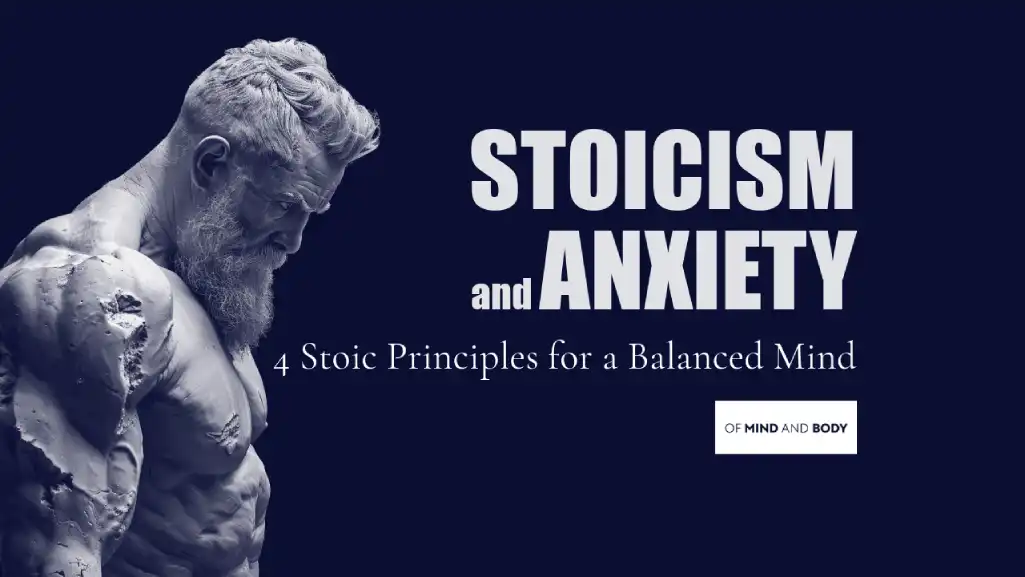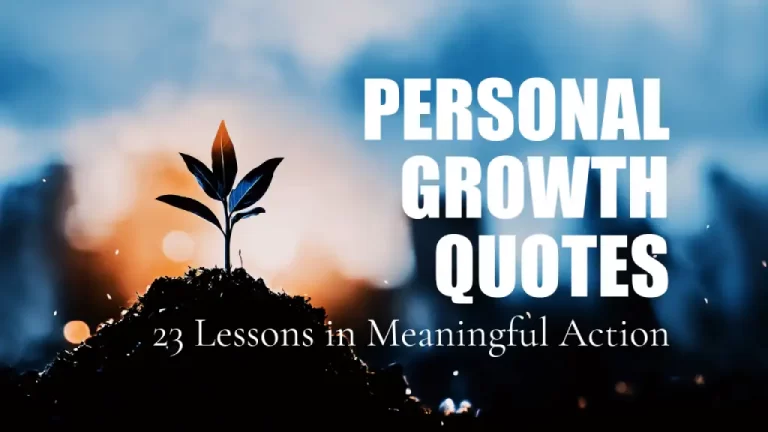In our previous post we looked at the relationship between Stoicism and Modern Psychology, we now turn to its application in the workplace. How can Stoic principles enhance productivity and improve workplace dynamics? Let’s delve into these questions.
Stoic Principles in the Workplace

In the workplace, the Stoic virtues of wisdom, courage, justice, and temperance serve as guiding principles. Wisdom enables us to make informed and rational decisions. Courage empowers us to face challenges and take necessary risks. Justice ensures we treat all members of our team fairly and with respect. Temperance helps us maintain balance and avoid extremes.
The Stoic principle of the dichotomy of control is also crucial in professional settings. We can control our actions, decisions, and responses, but we cannot control the outcomes or the actions of others. This perspective can help us focus on our efforts rather than the outcome, reducing stress and enhancing effectiveness.
Stoicism and Workplace Challenges

Workplace hurdles—be it conflicts, pressure, or change—are par for the course. But Stoicism hands us the toolkit to sail through these challenges with poise and balance.
When conflicts arise, Stoicism nudges us to respond with wisdom and justice, fostering understanding and resolution. Amidst pressure, Stoicism whispers to us to focus on what’s within our control, dialling down stress and dialling up resilience. And when change sweeps in, Stoicism guides us to accept and adapt, nurturing flexibility and growth.
Stoicism and Leadership in the Workplace

In the realm of leadership, Stoicism lays out a blueprint for acting with integrity and fairness. The Stoic principle of justice can steer us in our interactions with colleagues and clients, cultivating a positive and respectful work environment.
Embracing Stoic leadership can yield a plethora of benefits. It can sharpen decision-making, enhance team dynamics, and foster a positive and respectful work environment. Moreover, it can bolster the leader’s resilience, empowering them to navigate challenges with grace and balance.
Conclusion
Stoicism serves up a treasure trove of insights for boosting productivity and improving dynamics in the workplace. Its guiding principles and hands-on practices can steer us in our professional interactions, fostering a work environment that’s respectful, balanced, and effective.
As we journey further into the heart of Stoicism, our next stop will be how Stoic philosophy can fuel self-improvement and personal development.
I trust that this exploration of Stoicism in the workplace has deepened your grasp of Stoicism. But as we venture further, let’s remember, Stoicism isn’t just a philosophy to be understood—it’s a way of life to be lived. So, let’s not merely study Stoicism, let’s breathe life into it, embodying the wisdom of these philosophers in every stride we make.













One Response